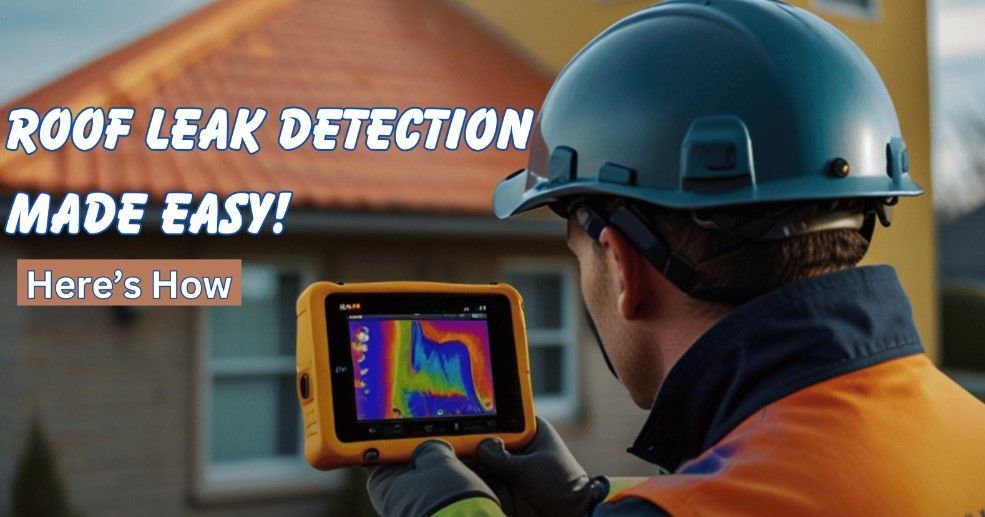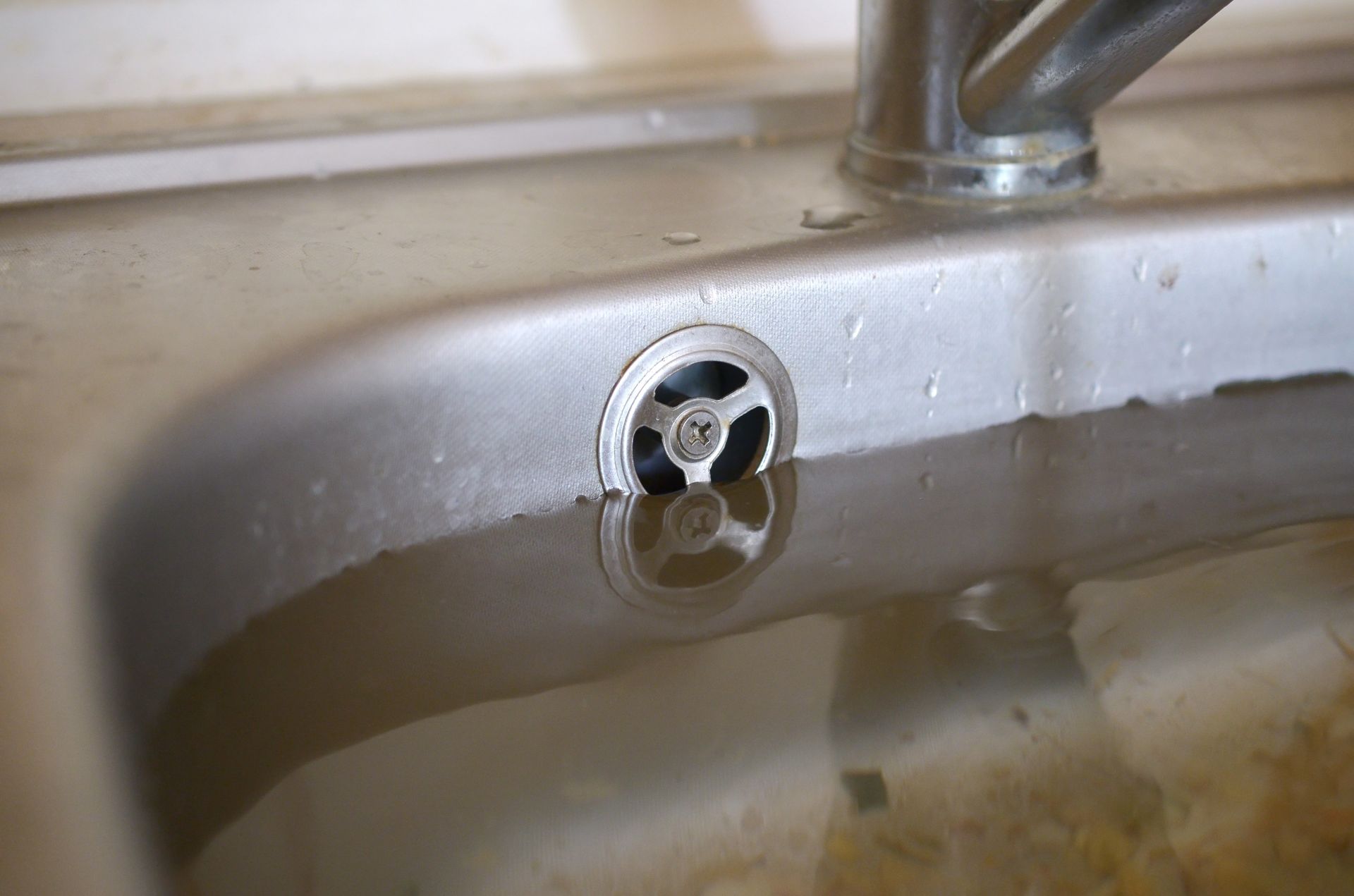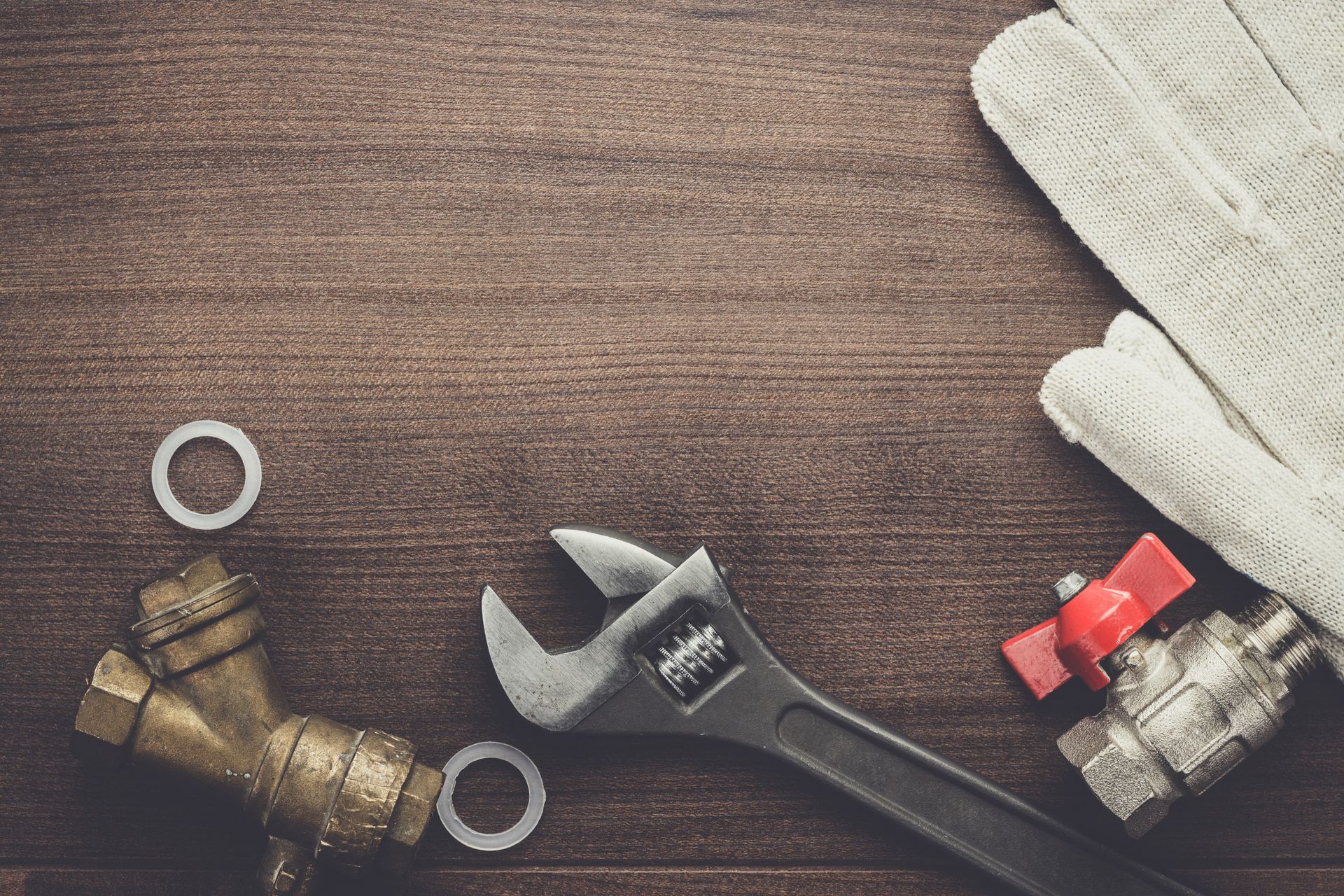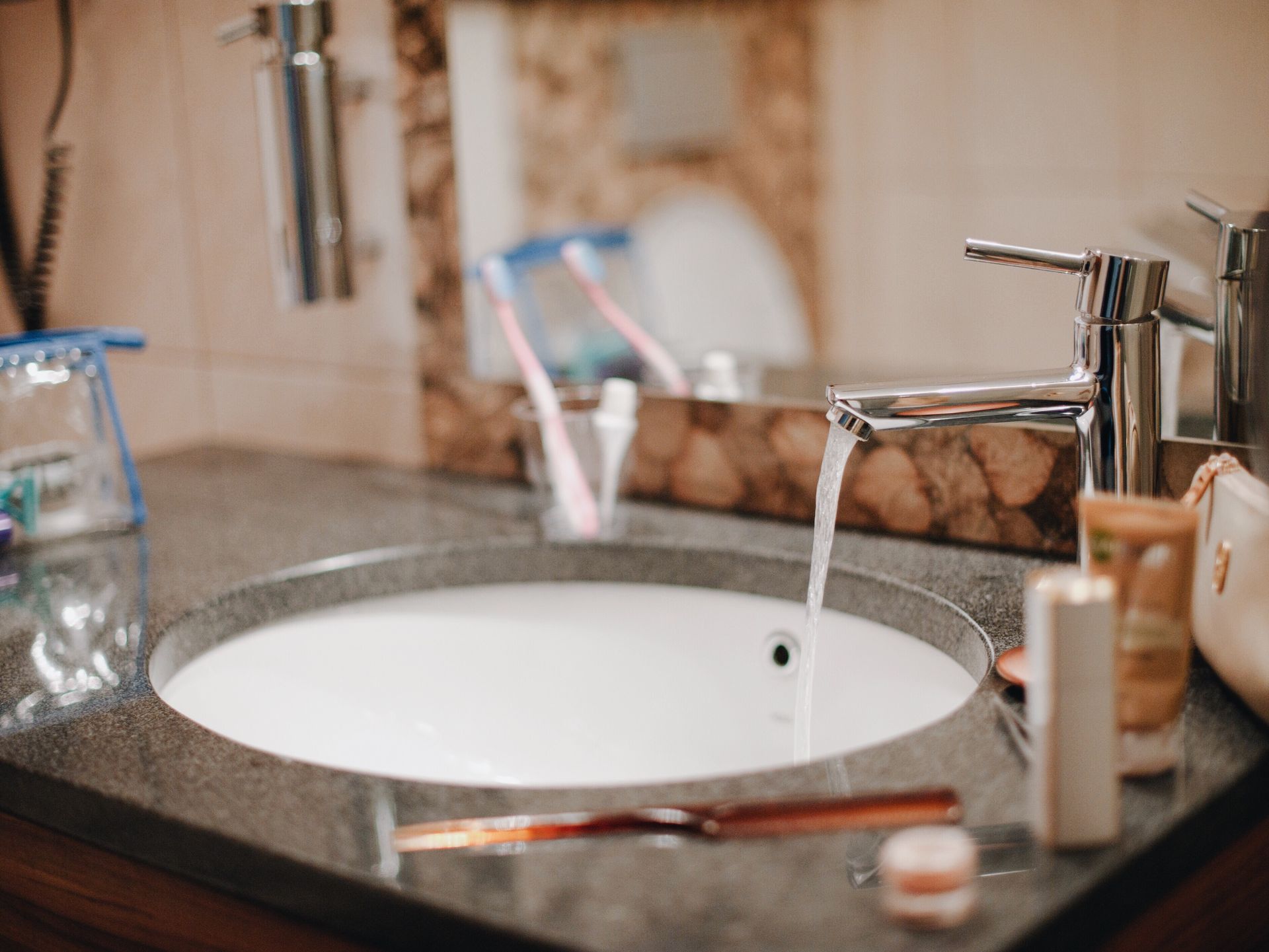Signs Your Plumbing System Needs an Upgrade
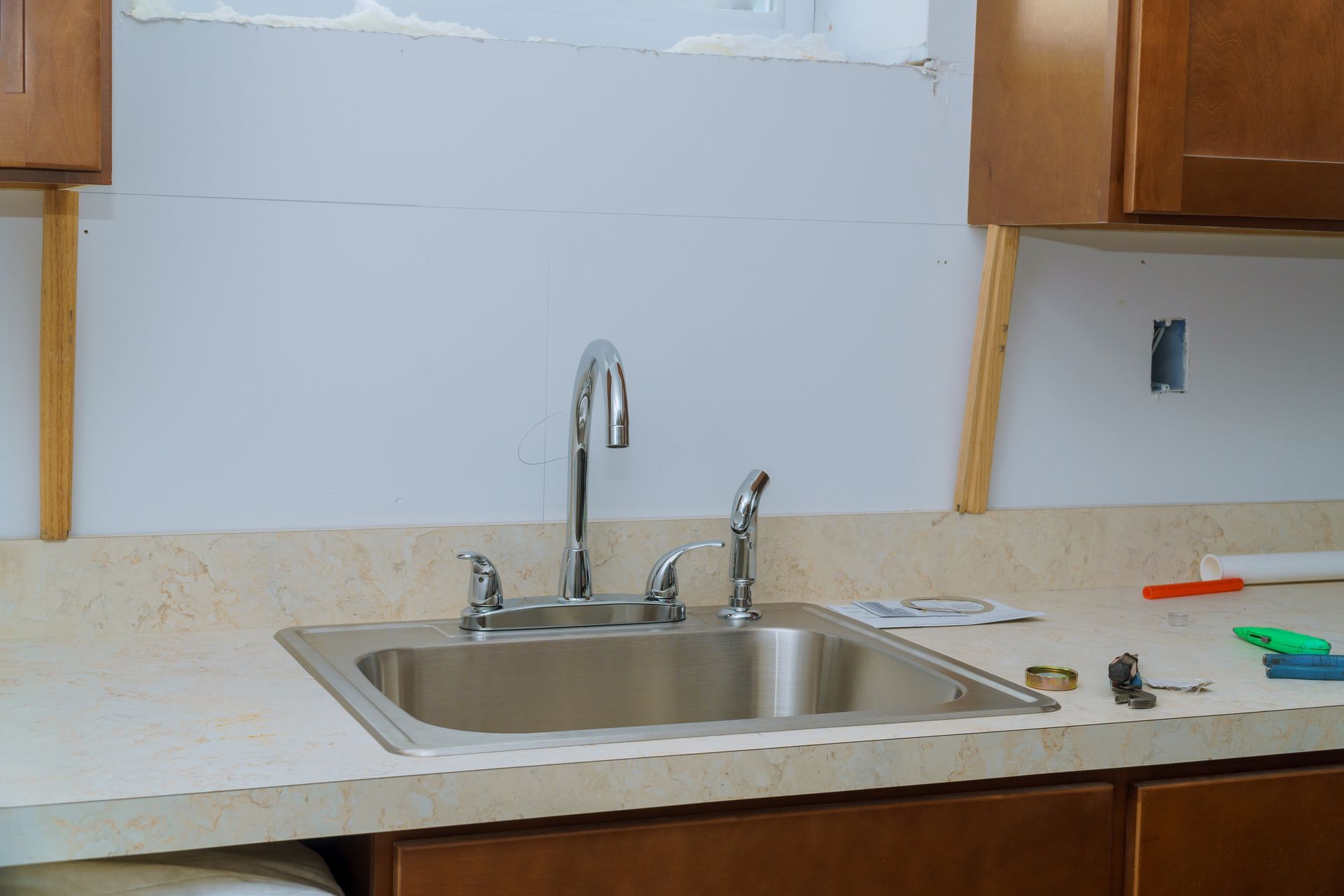
A well-functioning plumbing system is crucial for maintaining a comfortable and safe home. Over time, however, wear and tear can lead to issues that necessitate an upgrade. Ignoring these problems can result in costly repairs and potential damage to your property. This article will explore key signs that indicate your plumbing system may need an upgrade, empowering you to make informed decisions for your home.
Frequent Leaks and Water Damage
One of the most telling signs that your plumbing system needs attention is frequent leaks. Recurring leaks can manifest in various ways, signaling that your system is struggling to function effectively. Addressing these leaks promptly is essential to prevent more severe issues down the line. Recognizing the signs of leaks can help you take timely action to protect your home from further damage.
Visible Water Stains
Check your ceilings and walls for water stains, which often indicate leaks within the plumbing. These stains may appear yellow or brown and can spread over time, indicating prolonged moisture exposure.
Musty Odors
Persistent dampness can lead to mold growth, creating health risks for your household. If you notice a musty smell, particularly in areas like basements or behind walls, it could signify hidden leaks.
Puddles and Damp Spots
Regularly inspect areas under sinks and in the basement for unexplained puddles or damp spots. Even minor leaks can accumulate over time, leading to significant water damage.
Ignoring these leaks can lead to substantial issues, such as:
- Structural Damage: Continuous water exposure can weaken the foundation of your home, leading to costly repairs.
- Mold Growth: Moist environments are perfect for mold, which can cause serious health problems and require expensive remediation.
To mitigate these risks, routinely inspect your plumbing fixtures and connections for any signs of wear or leaks. If leaks are frequent, consider consulting a plumbing professional to assess the situation and recommend upgrades.
Inconsistent Water Pressure
Another indicator that your plumbing system may need an upgrade is inconsistent water pressure. Fluctuations in water pressure can significantly affect daily activities, making it crucial to identify and address these issues. Understanding the causes of pressure changes can help you maintain a consistent water flow throughout your home, ensuring a more comfortable living environment.
Weak Shower Flow
A shower that doesn’t provide adequate pressure can be frustrating and may signal underlying plumbing issues. You should expect a consistent and strong flow; if not, it's worth investigating further.
Slow Filling Fixtures
If your bathtub or sink fills slowly, it may indicate a blockage or pressure issue within the plumbing system. Slow drainage combined with low pressure can point to serious problems in your pipes.
Potential Causes of Inconsistent Pressure
Potential causes of inconsistent water pressure include:
- Corrosion: Over time, pipes can corrode, leading to blockages and reduced flow. Corrosion can be especially prevalent in older homes with outdated plumbing materials.
- Faulty Pressure Regulators: These devices help maintain consistent pressure; if they fail, pressure can fluctuate significantly, impacting your overall water usage experience.
If you notice these symptoms, it’s wise to consult a plumbing professional who can diagnose the issue and recommend necessary upgrades. Regular maintenance can also help keep pressure at optimal levels.
Slow Drainage
Slow drainage is a common plumbing problem that can indicate more significant issues within your system. Not only can it be frustrating, but it can also lead to other complications if left untreated. Identifying the root cause of slow drainage is essential for restoring proper function to your plumbing system and ensuring a smooth water flow in your home.
Pooling Water
If water collects in sinks, showers, or tubs, it could be a sign of a blockage in the pipes. Slow drainage often leads to water pooling, which can create unpleasant odors and attract pests.
Gurgling Noises
Unusual sounds when draining may suggest air trapped in the pipes or a blockage. Gurgling noises can indicate that air is trying to escape through the water, signaling a problem that needs to be addressed.
Causes of Slow Drainage
Slow drainage can be caused by:
- Blockages: Grease, hair, and other debris can accumulate over time, hindering water flow. Regularly cleaning drain covers can help prevent these blockages.
- Outdated Pipes: Older plumbing materials can develop buildup that restricts drainage. If your home has not had a plumbing upgrade in many years, it may be time to consider modern solutions.
To address slow drainage, consider using a plumbing snake or calling a professional to clear any stubborn blockages. Regular maintenance can help keep your drains functioning properly.
Unusual Noises from Pipes
If you hear strange noises coming from your pipes, it could signal a problem. Unusual sounds can be indicative of several underlying issues that may require immediate attention. Understanding what these noises mean can help you take the necessary steps to address the problem and prevent further damage to your plumbing system.
Banging Sounds
Often caused by water hammer, where fast-moving water causes pipes to vibrate. This can be particularly alarming and may indicate that your pipes are improperly secured.
Gurgling
This can indicate a blockage or air in the system. If you notice gurgling sounds in your drains, it could suggest that the pipes are not venting correctly, leading to pressure issues.
Implications of Noisy Pipes
These noises may suggest underlying issues, such as:
- Improper Pipe Installation: Pipes not secured correctly can vibrate and cause noise. If your home has recently undergone plumbing work, check to ensure everything is installed correctly.
- Pressure Issues: Fluctuating pressure can also lead to unusual sounds. Monitoring your water pressure can help identify this issue early.
If your plumbing is making unexpected noises, it may be time to consult a plumbing expert for an evaluation. They can help identify the source of the noise and recommend appropriate solutions.
Outdated Plumbing Materials
The materials used in your plumbing system play a significant role in its efficiency and longevity. Over time, certain materials can become problematic, leading to leaks and reduced water quality. Identifying outdated plumbing materials is essential for determining whether an upgrade is necessary to ensure the safety and functionality of your system.
Galvanized Steel
Prone to corrosion and rust, leading to leaks and reduced water quality. Homes built before the 1960s often contain these pipes, which can pose serious health risks.
Polybutylene
Known for its susceptibility to breaks and leaks, this material has largely been phased out in modern plumbing systems. If your home has polybutylene pipes, consider replacing them with more durable materials.
Benefits of Modern Materials
Upgrading to modern materials can provide numerous benefits, such as:
- Improved Water Quality: Newer materials help eliminate rust and contaminants, ensuring cleaner drinking water.
- Enhanced Efficiency: Modern plumbing systems are designed for better flow and lower maintenance, saving you time and money in the long run.
If your home still has older plumbing materials, consider an upgrade to improve performance and safety. Consulting with a professional can help you identify the best materials for your needs.
Increase in Water Bills
A sudden spike in your water bill can indicate hidden plumbing issues. Analyzing your water usage can provide insights into potential problems within your system. Addressing these issues promptly can help you avoid further costs and maintain efficient water use in your home.
Undetected Leaks
Continuous water flow from leaks can significantly increase usage. Even a small leak can lead to substantial water loss over time, resulting in higher bills.
Inefficient Systems
Older plumbing systems may not operate as efficiently as newer ones. If your system is outdated, it could be causing you to pay more than necessary for water.
Monitoring Water Usage
To monitor your water usage:
- Track Monthly Bills: Keep an eye on any significant increases in your bills over time. Look for patterns in your usage to identify any unusual spikes.
- Check for Leaks: Conduct regular inspections to identify any hidden leaks contributing to higher costs.
If you notice a consistent rise in your water bills, it may be time to evaluate your plumbing system for potential upgrades. Taking action early can save you money and prevent further issues.
Final Thoughts
To sum up, being aware of the signs that indicate your plumbing system needs an upgrade is essential for maintaining a safe and efficient home. From frequent leaks and inconsistent water pressure to outdated materials and rising water bills, recognizing these symptoms early can save you from more significant problems down the line.
At Leak Detectors LLC, we are committed to helping you keep your plumbing in top condition. Don’t hesitate to reach out for expert advice and assistance. For more information, visit our Contact Us page today!
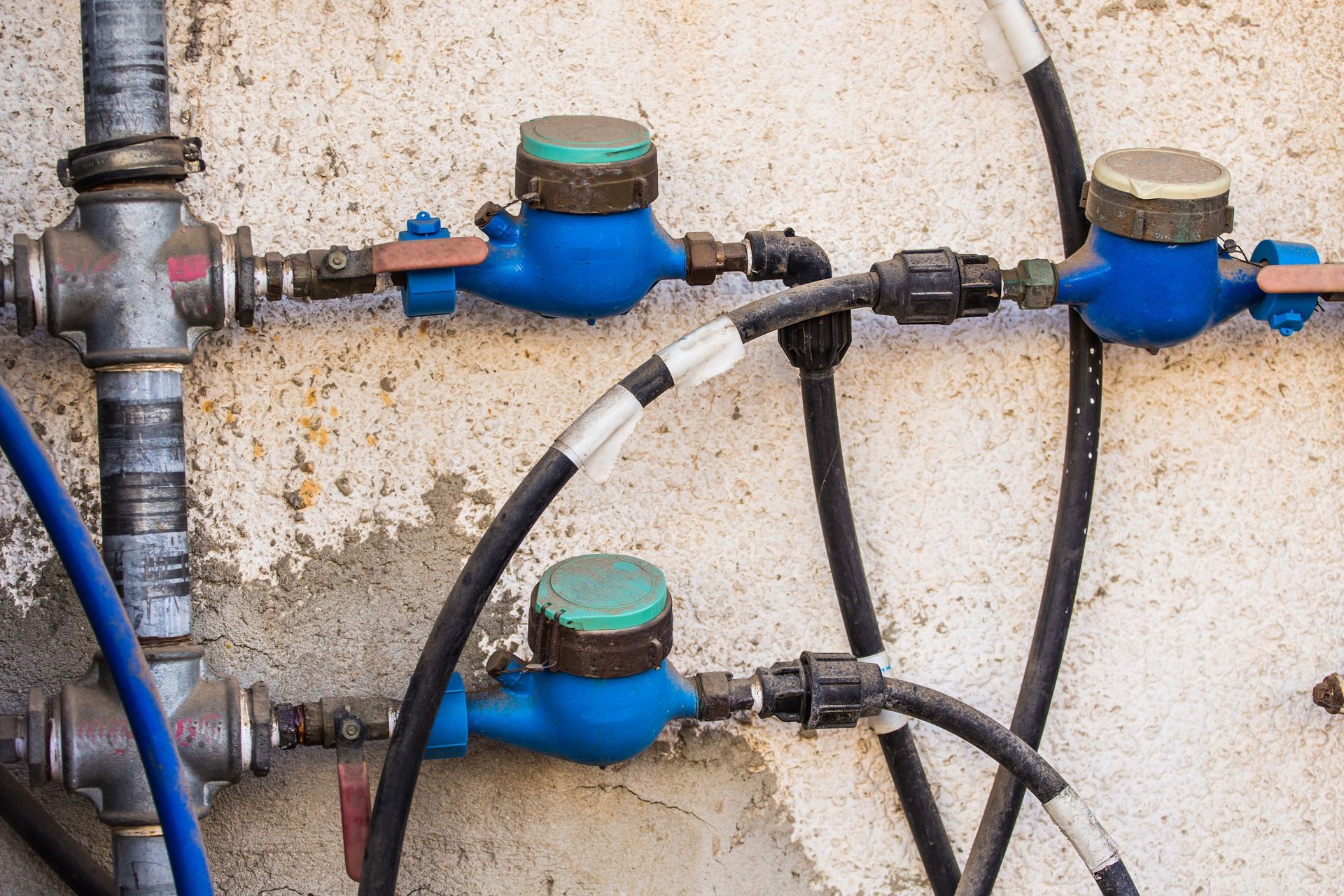
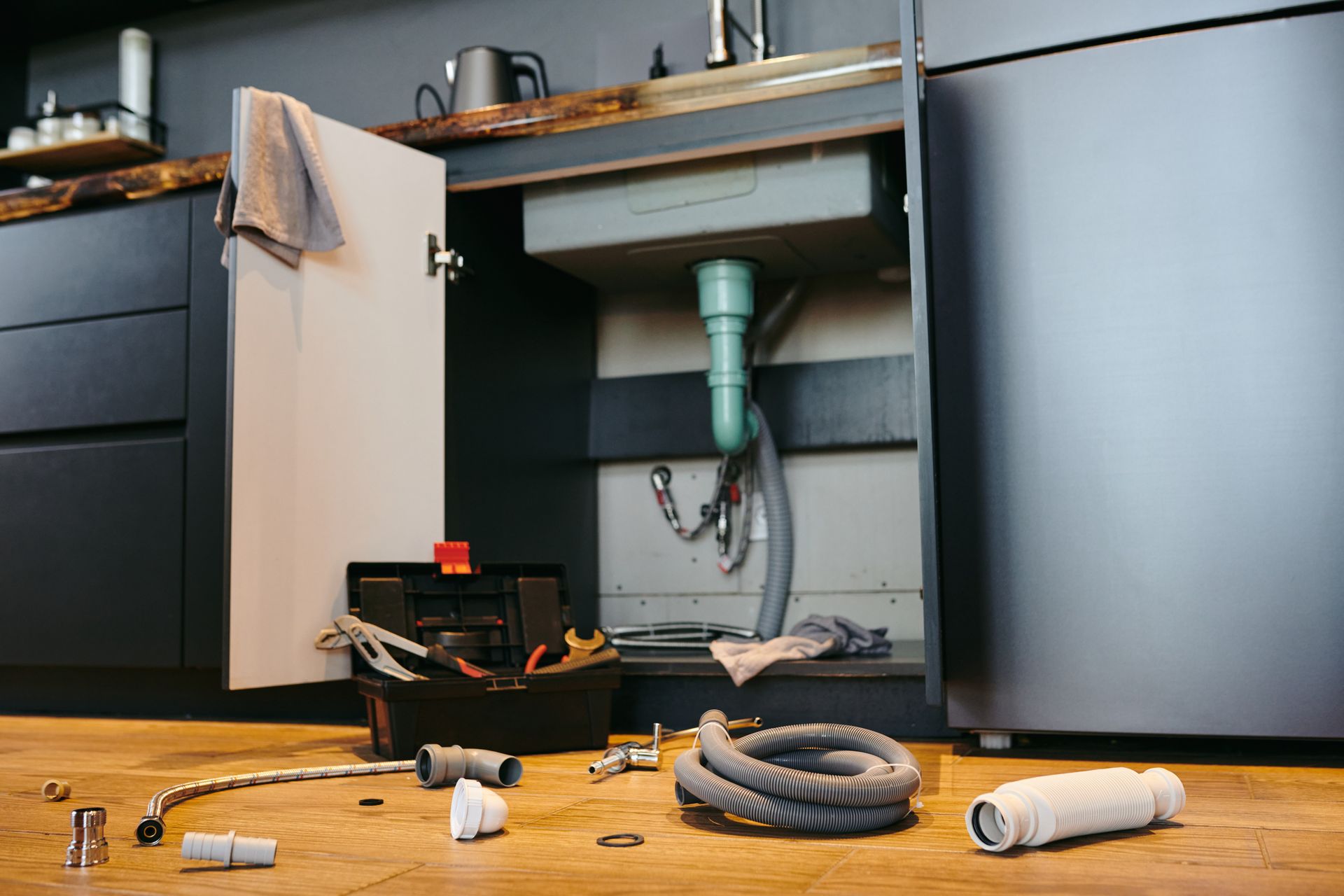
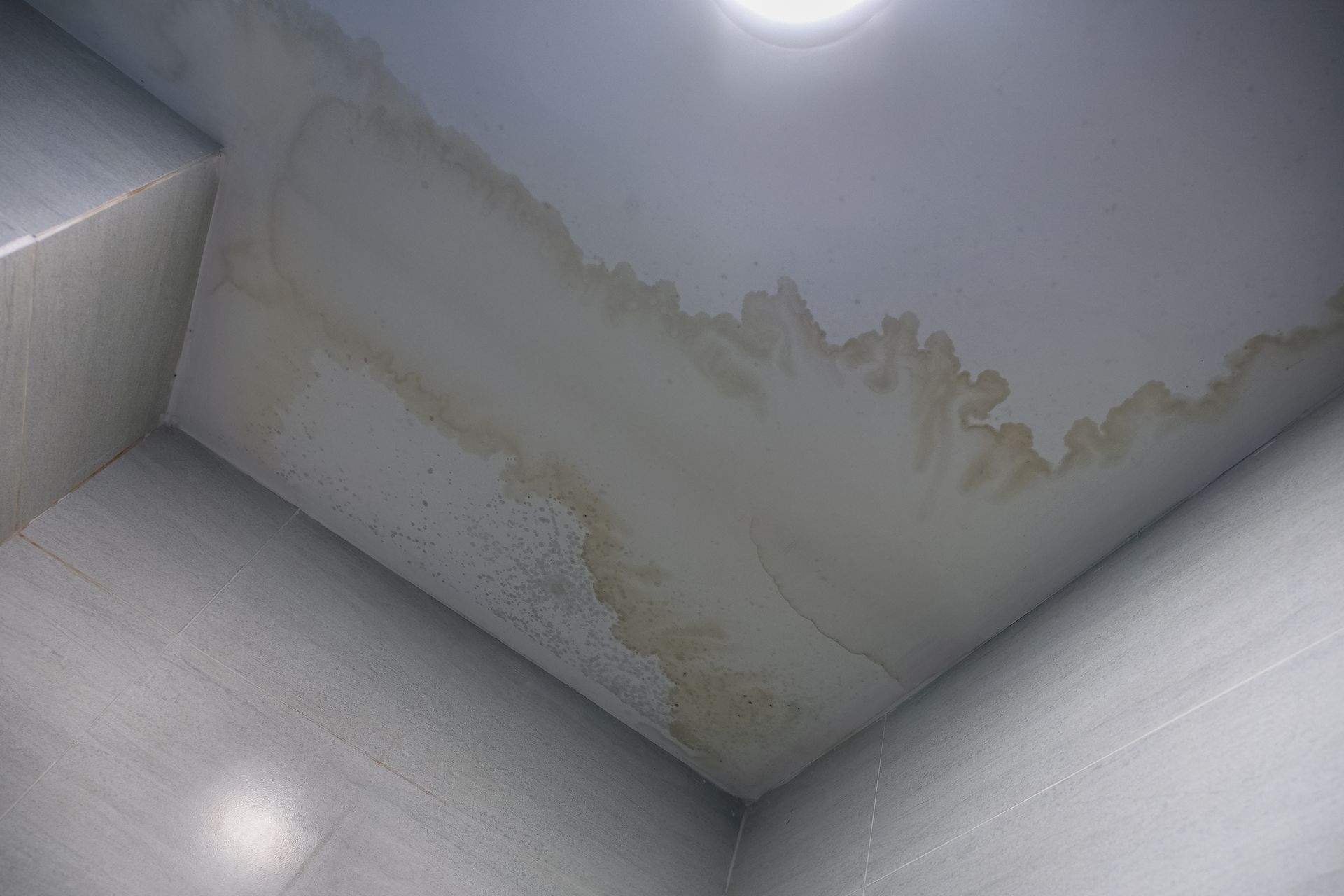
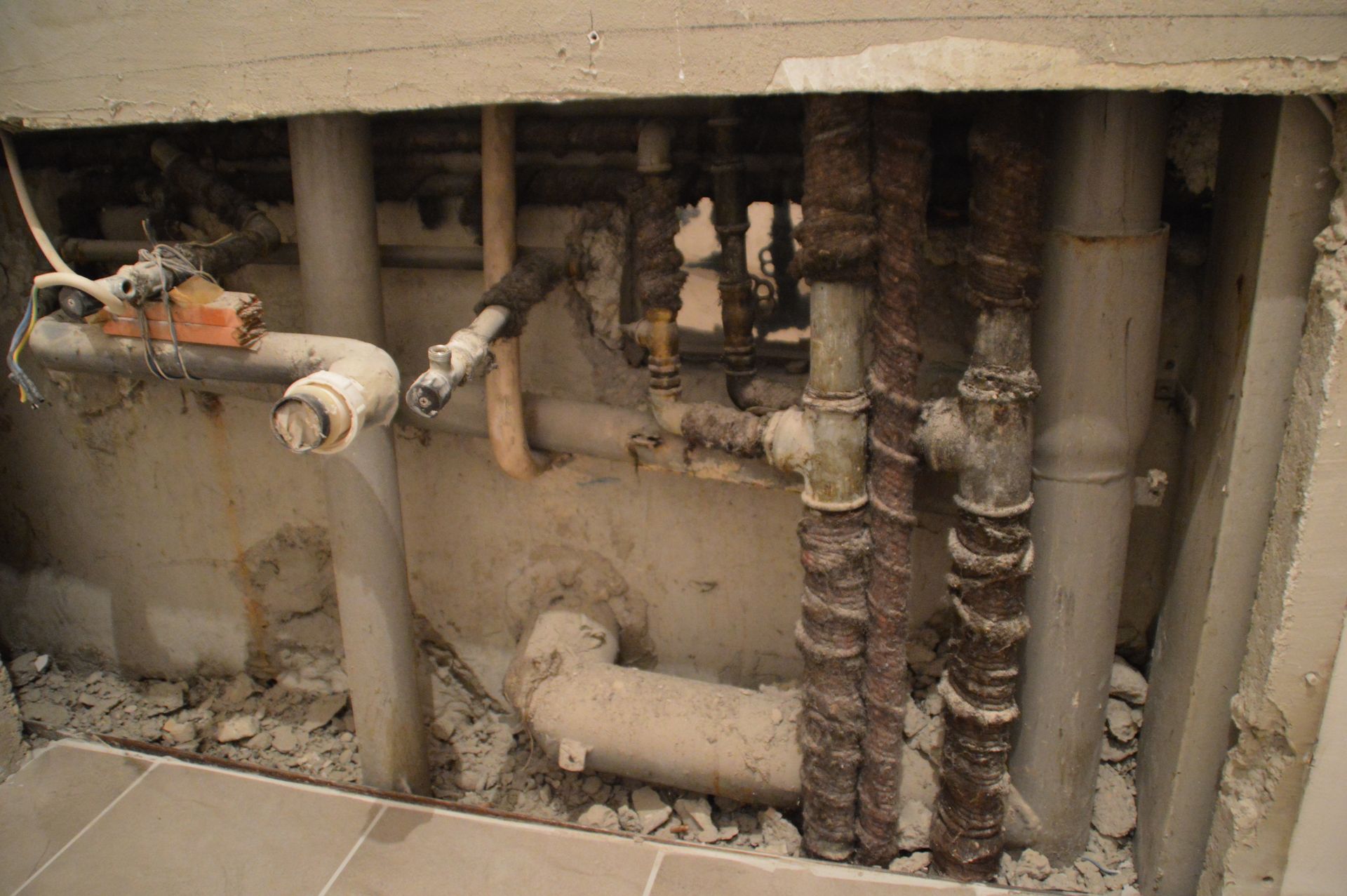
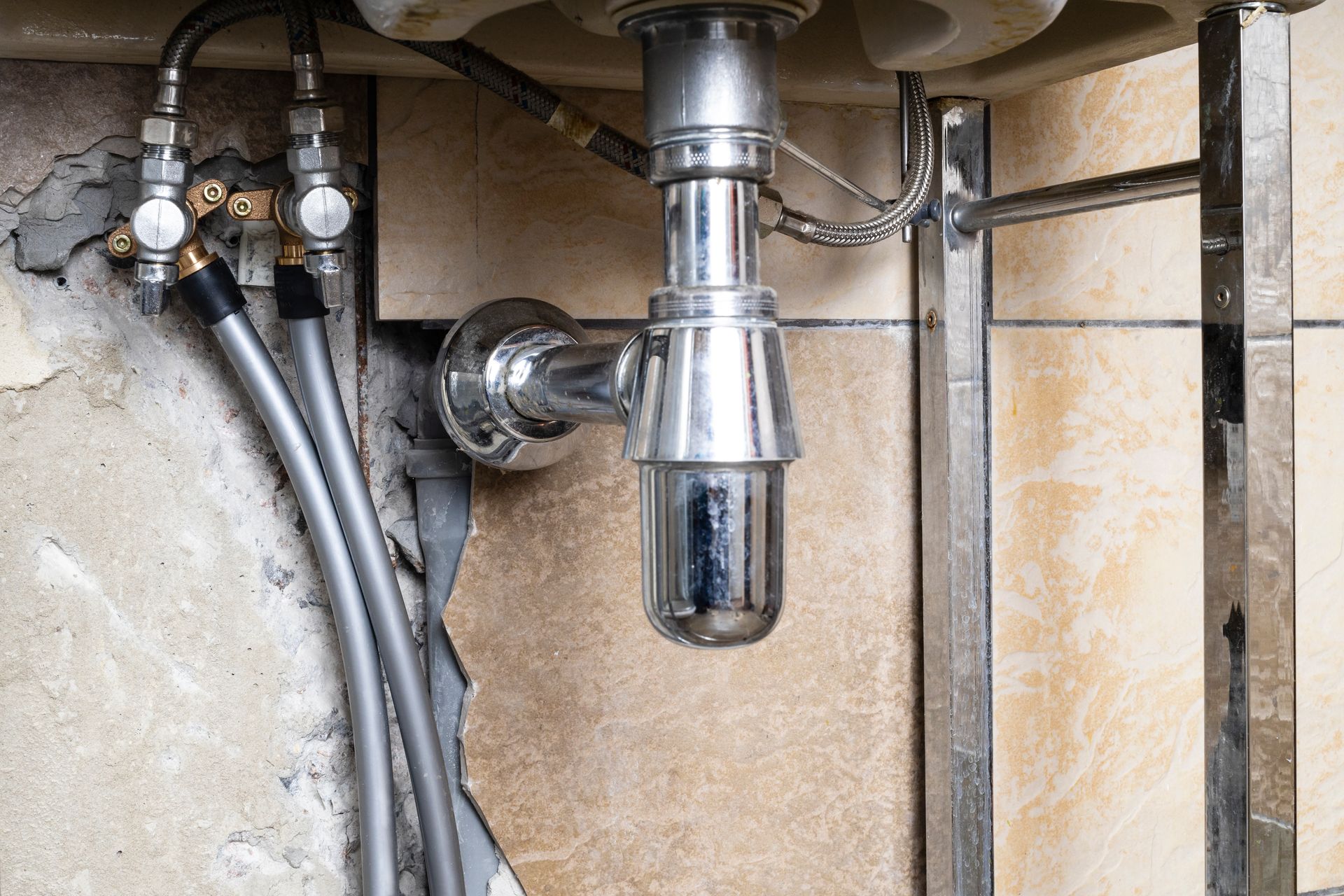
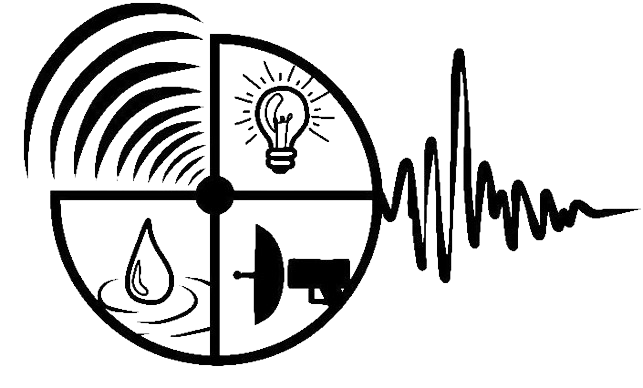

 Working Hours : Mon-Fri (8.00 AM - 5.00 PM) and Sat (8.00 AM - 12.00 PM)
Working Hours : Mon-Fri (8.00 AM - 5.00 PM) and Sat (8.00 AM - 12.00 PM) 